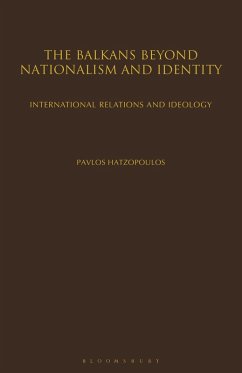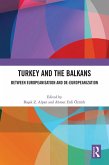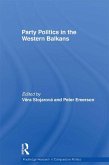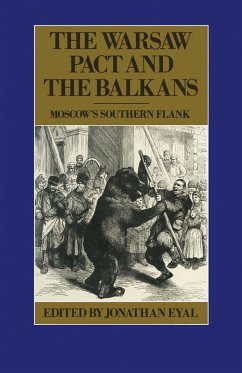For decades, we have come to accept that nationalism formed the basis of the modern history of the Balkans. In this bold and controversial study, Pavlos Hatzopoulos turns this assumption on its head. Through a ground-breaking examination of the non-nationalist ideologies in the Balkans during the interwar period, Hatzopoulos calls into question the supposedly inherent connection between the Balkans and nationalism and argues that nationalism does not form the sole ordering principle of the modern history of the Balkan region. Focusing on the ideologies of communism, liberal internationalism and agrarianism, Hatzopoulos examines how these interact with nationalist ideology. He demonstrates how non-nationalist theories challenge the nationalist view of the Balkans as the sum of several national spaces. He even questions the nationalist understanding of the very term 'the Balkans'. "The Balkans Beyond Nationalism and Identity" revisits contemporary debates on a region that is still a European crisis point and challenges the nation-centric understanding that permeates it.
In proposing a description of 'the Balkans' as a contested political concept, the book argues for a completely fresh interpretation of the region's composition.
In proposing a description of 'the Balkans' as a contested political concept, the book argues for a completely fresh interpretation of the region's composition.









